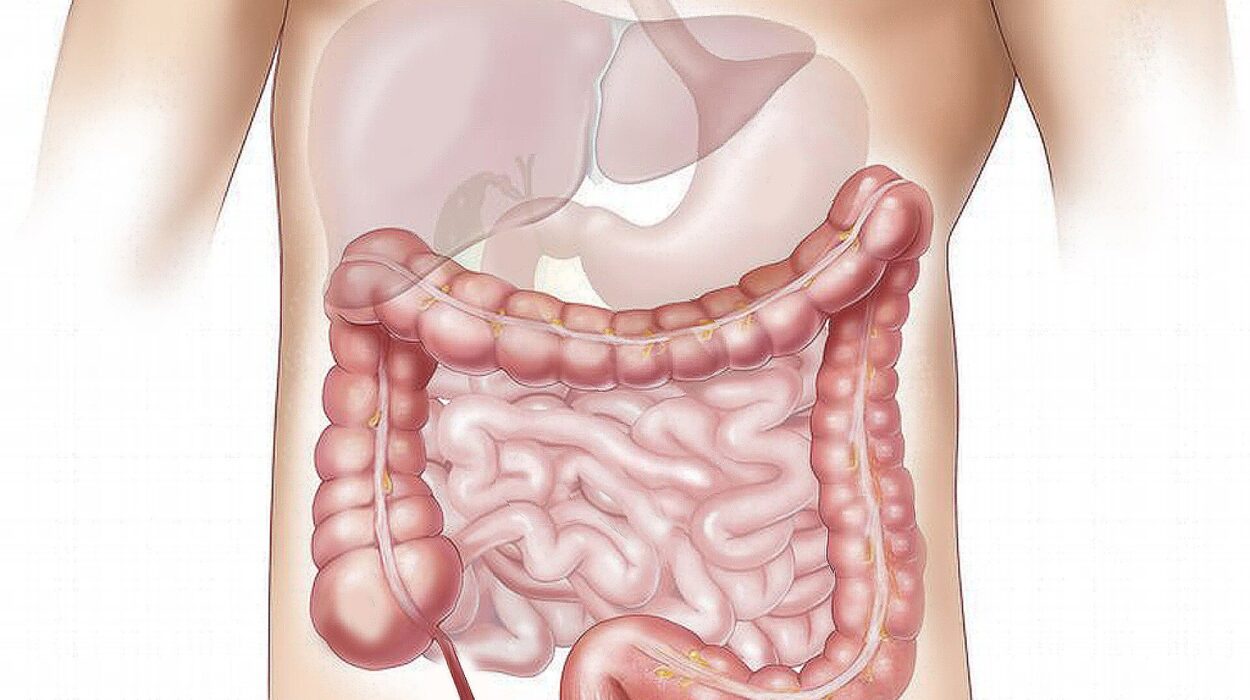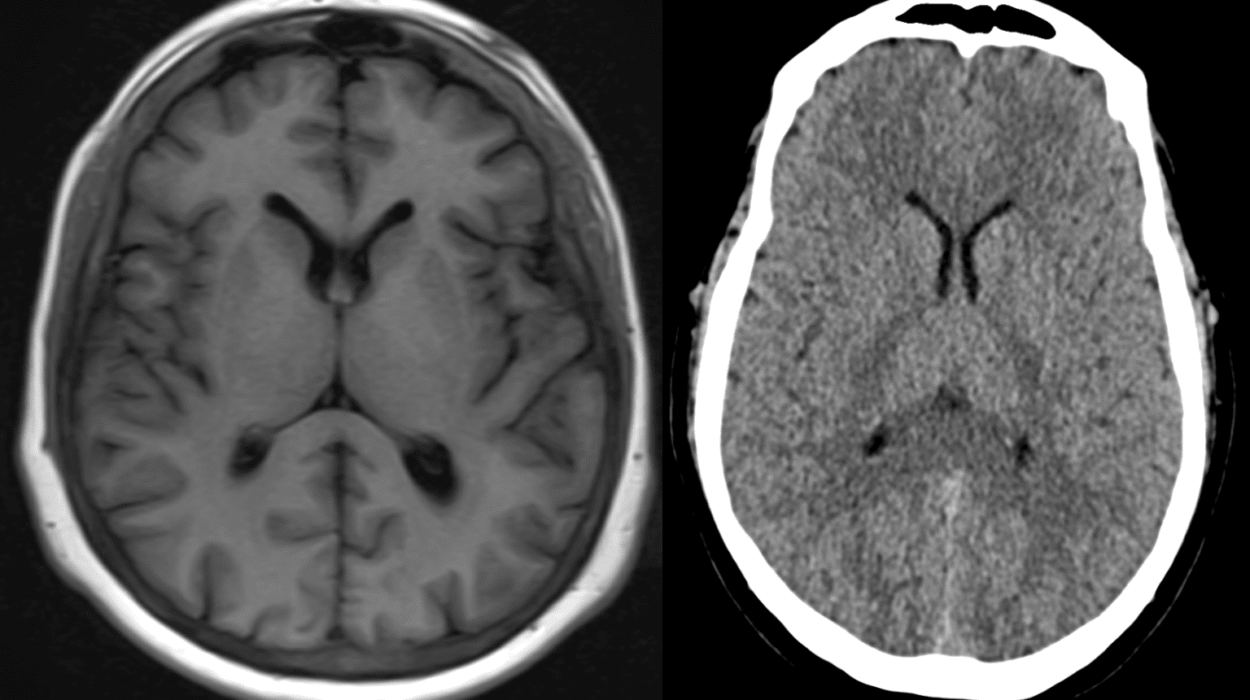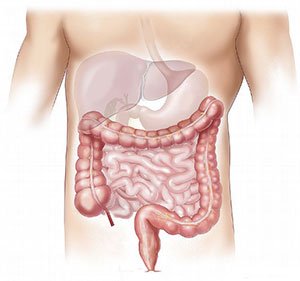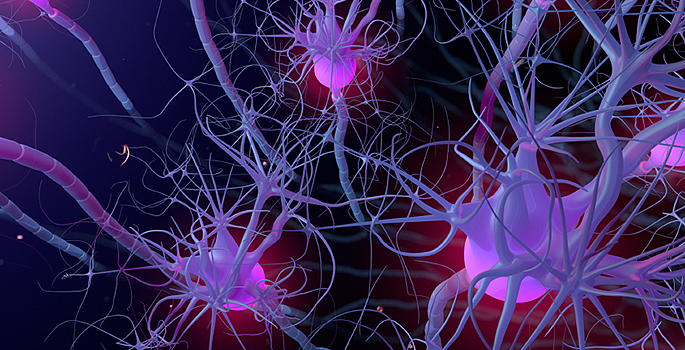Pregnancy is one of the most profound transformations a human body can experience. It is not simply the development of a new life within, but also the transformation of the parent carrying that life. The body becomes a sanctuary, a home, a source of nourishment. Every heartbeat, every breath, and every bite of food carries double significance: it sustains both the mother and the growing baby.
Nutrition in pregnancy is not about restrictions, fad diets, or chasing perfection—it is about giving life the best possible foundation. It is about balance, awareness, and care. Before conception, nutrition helps prepare the body for pregnancy, enhancing fertility and creating reserves. During pregnancy, it becomes the cornerstone of healthy development, fueling the intricate processes that shape cells into organs, tissues into systems, and tiny heartbeats into a new human being.
This journey of nourishment is a powerful reminder that food is more than sustenance—it is love, protection, and hope, expressed through the simplest of daily choices.
Preparing the Body Before Pregnancy
Before pregnancy begins, the body needs to be ready for the incredible demands that gestation will bring. Preparing nutritionally is like preparing fertile soil before planting a seed: the richer and more balanced it is, the better the growth that follows.
The Role of Preconception Nutrition
The months before conception are critical for building nutrient reserves. Certain nutrients, like folate and iron, take time to accumulate in the body. Others, like omega-3 fatty acids, influence fertility and early fetal development. A well-nourished body can improve the chances of conception, lower the risk of pregnancy complications, and support the baby from the very first days of life—even before a pregnancy test shows a positive result.
Folate: A Silent Guardian Before Conception
Perhaps no nutrient is as important before pregnancy as folate (vitamin B9). Folate supports DNA synthesis and cell division, and adequate levels dramatically reduce the risk of neural tube defects in the baby. Since the neural tube forms in the first weeks of pregnancy—often before a woman even knows she is pregnant—ensuring adequate folate intake beforehand is essential. Leafy greens, legumes, citrus fruits, and fortified grains provide natural sources, while folic acid supplements are often recommended to meet the daily requirement.
Iron and Fertility
Iron plays a crucial role in preconception health. Women with low iron stores are more likely to experience fatigue, irregular cycles, and difficulties with ovulation. Building up iron reserves through foods like lean meats, beans, lentils, spinach, and fortified cereals can help reduce the risk of anemia later in pregnancy, when iron demands surge.
Omega-3 Fatty Acids and Reproductive Health
Omega-3 fatty acids, especially DHA (docosahexaenoic acid), enhance reproductive health by supporting egg quality and regulating ovulation. For men, omega-3s may improve sperm motility and morphology. Fatty fish like salmon and sardines, walnuts, chia seeds, and flaxseeds provide these essential fats.
Building a Balanced Foundation
Beyond specific nutrients, the goal before pregnancy is overall balance. A diet rich in whole grains, fruits, vegetables, lean proteins, and healthy fats helps regulate hormones, stabilize blood sugar, and create a strong metabolic foundation. This holistic nourishment prepares both partners for the journey of conception and pregnancy.
Eating for Two: The Reality of Pregnancy Nutrition
The phrase “eating for two” often brings to mind doubling portion sizes, but the reality is more nuanced. Pregnancy nutrition is not about quantity alone—it is about quality. While calorie needs do rise, especially in the second and third trimesters, the increase is modest compared to the heightened need for vitamins, minerals, and high-quality macronutrients.
The growing baby relies entirely on the parent’s diet for building blocks—amino acids for proteins, fatty acids for the brain, glucose for energy, and micronutrients for countless biochemical reactions. Every bite, sip, and choice contributes to the development of a new human being.
Energy Needs During Pregnancy
During pregnancy, energy demands rise gradually, not all at once. In the first trimester, most women do not need extra calories, though they do need extra nutrients. By the second trimester, energy needs increase by about 300–350 calories per day, and in the third trimester by about 450–500 calories per day.
These calories, however, should come from nutrient-dense sources. A muffin and a bowl of oatmeal may provide the same energy, but only one offers fiber, iron, B vitamins, and slow-releasing carbohydrates. Energy in pregnancy is less about numbers and more about nourishment.
Proteins: The Building Blocks of Growth
Proteins are the architects of life, assembling cells, tissues, and organs. During pregnancy, protein needs rise significantly, as the baby builds muscles, bones, skin, and hormones. Adequate protein also supports maternal tissues, including the expanding uterus and increased blood volume.
Lean meats, poultry, fish, eggs, beans, lentils, dairy, nuts, and seeds all provide valuable protein. Combining plant-based sources ensures a full spectrum of amino acids for those who prefer vegetarian or vegan diets.
Healthy Fats: Fuel for the Baby’s Brain
Fat is often misunderstood, but during pregnancy it becomes one of the most critical nutrients. The developing brain and nervous system require essential fatty acids, especially DHA and EPA, found in fatty fish. These fats contribute to cognitive development, vision, and even emotional regulation in infants.
Plant-based fats like avocados, olive oil, nuts, and seeds provide additional healthy fats, supporting energy balance and maternal well-being. Avoiding trans fats and limiting heavily processed foods ensures the healthiest outcomes.
Carbohydrates: Energy with Balance
Carbohydrates remain the body’s preferred energy source, but quality matters. Complex carbohydrates from whole grains, fruits, vegetables, and legumes provide steady energy, fiber for digestion, and a wealth of vitamins and minerals. Refined sugars and heavily processed carbs, on the other hand, can lead to blood sugar spikes, gestational diabetes, and excess weight gain.
A balanced plate—with whole grains, colorful vegetables, lean proteins, and healthy fats—creates steady energy and a nutrient-rich environment for both mother and baby.
Micronutrients: The Unsung Heroes of Pregnancy
While macronutrients fuel growth, micronutrients fine-tune every system. Pregnancy heightens the need for certain vitamins and minerals, each with specific roles in development.
Iron: Expanding the Blood Supply
Iron demand nearly doubles during pregnancy, as the mother’s blood volume expands and the baby builds its own red blood cells. Low iron levels can lead to anemia, fatigue, and increased risk of preterm delivery. Pairing plant-based iron sources (like beans and spinach) with vitamin C-rich foods (like oranges and bell peppers) enhances absorption.
Calcium and Vitamin D: Building Bones
Calcium is essential for the baby’s skeletal system and teeth, while vitamin D ensures its proper absorption. If maternal intake is insufficient, calcium may be drawn from the mother’s bones, weakening her long-term bone health. Dairy products, fortified plant milks, leafy greens, almonds, and sunlight exposure support these vital nutrients.
Iodine: Supporting the Thyroid
Iodine plays a critical role in thyroid hormone production, which regulates metabolism and brain development. Pregnant women need more iodine than usual, and deficiency can lead to developmental issues. Iodized salt, seafood, and dairy are reliable sources.
Vitamin B12: Essential for Nervous System Health
For those following vegetarian or vegan diets, vitamin B12 is a nutrient of concern. It supports the nervous system and red blood cell formation, and deficiencies can cause developmental delays. Fortified foods and supplements are often necessary to ensure adequate intake.
Choline: The Emerging Nutrient Star
Choline, though less discussed, is vital for brain and spinal cord development. Eggs are one of the richest natural sources, though it can also be found in legumes, nuts, and cruciferous vegetables.
Morning Sickness and Nutritional Challenges
For many pregnant women, especially in the first trimester, morning sickness complicates nutrition. Nausea, vomiting, and food aversions make it difficult to maintain balanced diets. Yet even in these moments, small choices can make a difference.
Eating small, frequent meals, choosing bland but nourishing foods, and staying hydrated with broths and herbal teas can help. Ginger, vitamin B6 supplements, and acupressure are sometimes recommended for relief. The key is persistence and gentleness—understanding that perfection is impossible and that recovery is part of the process.
Hydration: The Forgotten Nutrient
Water is often overlooked, yet during pregnancy it is indispensable. It carries nutrients through the bloodstream, supports the amniotic fluid surrounding the baby, and prevents constipation and urinary tract infections. Pregnant women need more fluids than usual—often around 8–12 cups per day, adjusted for climate and activity.
Herbal teas (avoiding those unsafe in pregnancy), milk, and fruit-infused water can make hydration more enjoyable. Caffeine, while not forbidden, should be limited to moderate levels, as high intake has been linked to increased risk of miscarriage and low birth weight.
Foods to Limit or Avoid
Pregnancy nutrition is as much about what to avoid as what to embrace. Certain foods carry risks of infection, toxins, or developmental harm. Undercooked meats, unpasteurized cheeses, raw fish (such as sushi), deli meats, and high-mercury fish like shark or swordfish are best avoided. Alcohol has no safe level in pregnancy, and smoking compounds risks dramatically.
Processed foods high in trans fats, added sugars, and sodium should also be minimized, as they contribute little nutrition while adding strain to the body.
Cravings and Emotional Eating
Pregnancy often brings strong cravings—sometimes for unusual foods, sometimes for comfort. These cravings may reflect hormonal changes, shifts in blood sugar, or psychological comfort. While it is fine to indulge occasionally, balance remains key. Listening to the body, satisfying cravings in healthy ways, and remembering that food is both fuel and pleasure helps maintain a positive relationship with eating.
Cultural Wisdom and Traditional Foods
Across the world, cultures have passed down pregnancy diets shaped by generations of observation. Indian cuisine emphasizes ghee, lentils, and spices like turmeric for strength and healing. Japanese traditions encourage fish, rice, and seaweed for nourishment. African diets highlight yams, leafy greens, and millet for resilience.
These traditions often reflect deep wisdom, offering nutrient-rich, easily digestible foods. Modern science confirms many of their benefits, reminding us that nutrition is not only biological but also cultural and emotional.
The Emotional Landscape of Eating for Two
Pregnancy is not only a physical journey but an emotional one. Food carries emotional weight—comfort, guilt, joy, and sometimes fear. The pressure to “eat perfectly” can overwhelm, especially in a world full of conflicting advice.
Yet biology is forgiving. The body is resilient, and babies are remarkably adaptive. Striving for balance, not perfection, is the healthiest approach. Every nourishing choice matters, but occasional slips do not erase the good. Pregnancy nutrition is a practice of compassion—toward oneself and toward the life being nurtured.
Postpartum Nutrition: Beyond Birth
Nutrition does not end with delivery. The postpartum period is one of recovery, healing, and continued nourishment, especially for breastfeeding mothers. Iron stores need replenishment, hydration remains critical, and calorie demands stay high for milk production. Foods rich in protein, whole grains, and fresh produce support healing, while traditional postpartum diets in many cultures emphasize warm, restorative meals.
Caring for a newborn often leaves little time for elaborate meals, making simple, ready-to-eat nutritious options—like smoothies, soups, and trail mixes—indispensable. Supporting new mothers with food, whether by family, friends, or communities, is an act of love as essential as any medical care.
Conclusion: The Gift of Nourishment
Pregnancy nutrition is not a rigid formula or a list of rules—it is a living relationship between mother and child, mediated through food. It is the recognition that every bite carries both physical and emotional significance. From folate before conception to omega-3s during brain development, from a sip of water to a comforting bowl of soup, each choice is a gift of nourishment.
To eat for pregnancy is to eat for the future. It is to invest in health, resilience, and possibility. It is to plant seeds of strength that will bloom not only in a newborn’s first cry but in the decades of life that follow.
Pregnancy nutrition is, in the end, the most human of sciences—a blend of biology and love, of chemistry and care. It is where science meets tenderness, where food becomes more than survival. It becomes hope.






